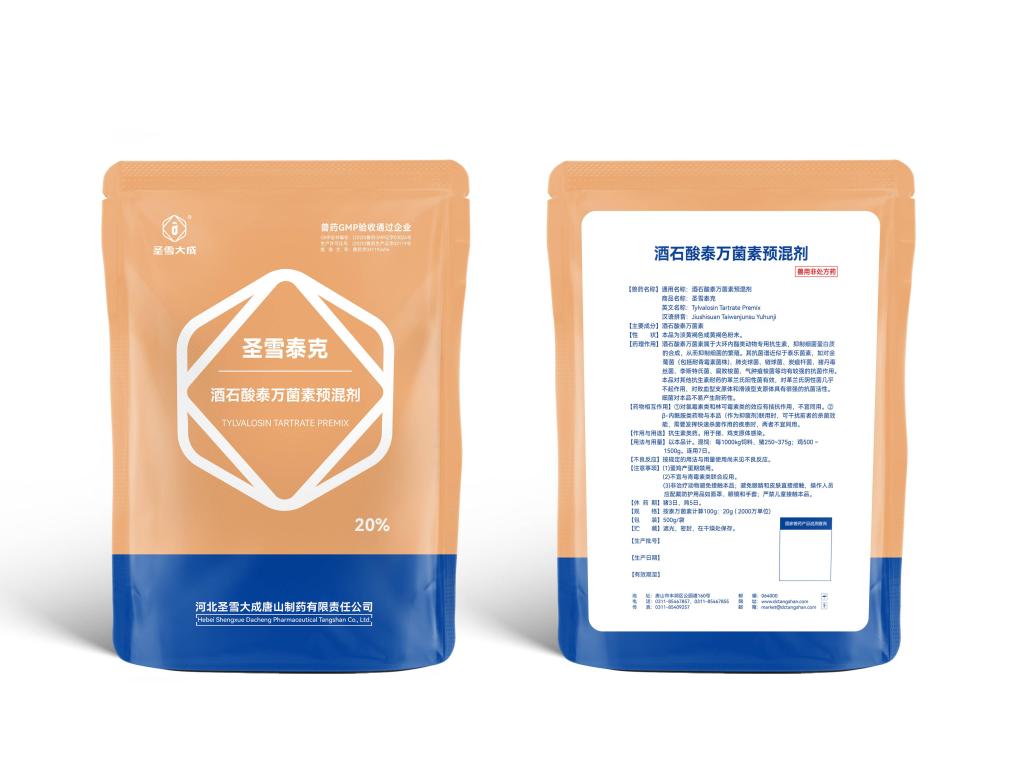Tel:+8618231198596

News
 CONTACT
CONTACT
 CONTACT
CONTACT
- Linkman:Linda Yao
- Tel: +8618231198596
- Email:linda.yao@dcpharma.cn
- Linkman:CHARLES.WANG
- Department:Overseas
- Tel: 0086 0311-85537378 0086 0311-85539701
News
Veterinary consultations help optimize tylvalosin tartrate premix usage for maximum efficacy.
TIME:2024-08-27
The Role of Veterinary Consultations
Veterinary consultations are essential for several reasons when it comes to using tylvalosin tartrate premix formulations:
Understanding Local Conditions: Veterinarians have a deep understanding of local agricultural conditions, including prevalent diseases, livestock breeds, and environmental factors. This knowledge helps in selecting the most suitable premix formulation for the region.
Formulation Optimization: Based on their expertise, veterinarians can recommend premix formulations that are best suited for the specific needs of the farm. This includes adjustments for climate, breed-specific requirements, and the presence of specific diseases.
Compliance with Regulations: Veterinarians are well-versed in regional and national regulations regarding antibiotic use. They can ensure that the tylvalosin tartrate premix is used within legal guidelines, minimizing the risk of antibiotic residues and resistance.
Tailored Premix Formulations
Climate-Specific Formulations
Hot and Humid Climates: Veterinarians might suggest premix formulations that include additional electrolytes and minerals to support animal health under heat stress.
Cold Climates: For colder climates, veterinarians may recommend premixes optimized to enhance respiratory health and reduce the risk of infection.
Breed-Specific Formulations
Local Livestock Breeds: Veterinarians can adjust premix formulations based on the specific nutritional and health requirements of local livestock breeds, ensuring appropriate dosages and frequencies.
Disease-Specific Formulations
Prevalent Diseases: Veterinarians can tailor premix formulations to target specific pathogens prevalent in the region, providing more focused treatment and prevention strategies.
Benefits of Veterinary Consultations
Improved Health Outcomes: Tailored premix formulations, guided by veterinary expertise, can lead to healthier animals and reduced mortality rates.
Cost-Effectiveness: By optimizing dosages and formulations, agricultural producers can achieve cost savings while maintaining high standards of animal health.
Sustainability: Veterinarians can promote responsible antibiotic stewardship, contributing to more sustainable agricultural practices.
Case Studies
Swine Production in Hot and Humid Climates
Consultation: A veterinarian recommends a tylvalosin tartrate premix formulation that includes additional electrolytes and minerals to support hydration and electrolyte balance in swine during heat stress.
Outcome: Enhanced health status and reduced incidence of respiratory and enteric diseases.
Poultry Production in Cold Climates
Consultation: A veterinarian advises on a premix formulation optimized to support respiratory health and reduce the risk of respiratory infections in poultry.
Outcome: Increased productivity and reduced mortality rates due to improved respiratory health.
Conclusion
Veterinary consultations are invaluable in optimizing the use of tylvalosin tartrate premix formulations for maximum efficacy. By leveraging their expertise, veterinarians can tailor premix formulations to meet specific regional agricultural needs, enhancing the health and productivity of livestock while supporting sustainable agricultural practices. As the agricultural sector continues to evolve, the importance of veterinary consultations in antibiotic stewardship and disease management will only grow.
- Tel:+8618231198596
- Whatsapp:18231198596
- Chat With Skype







